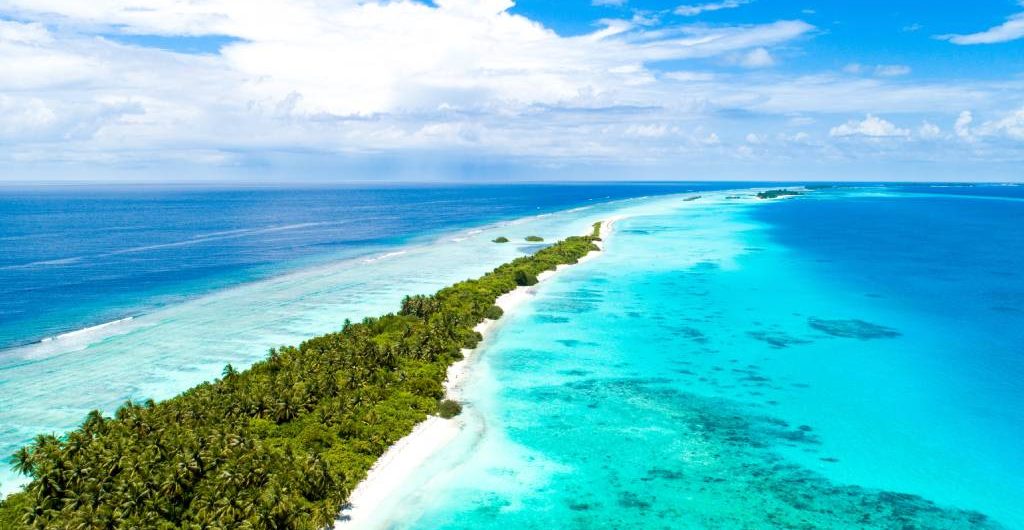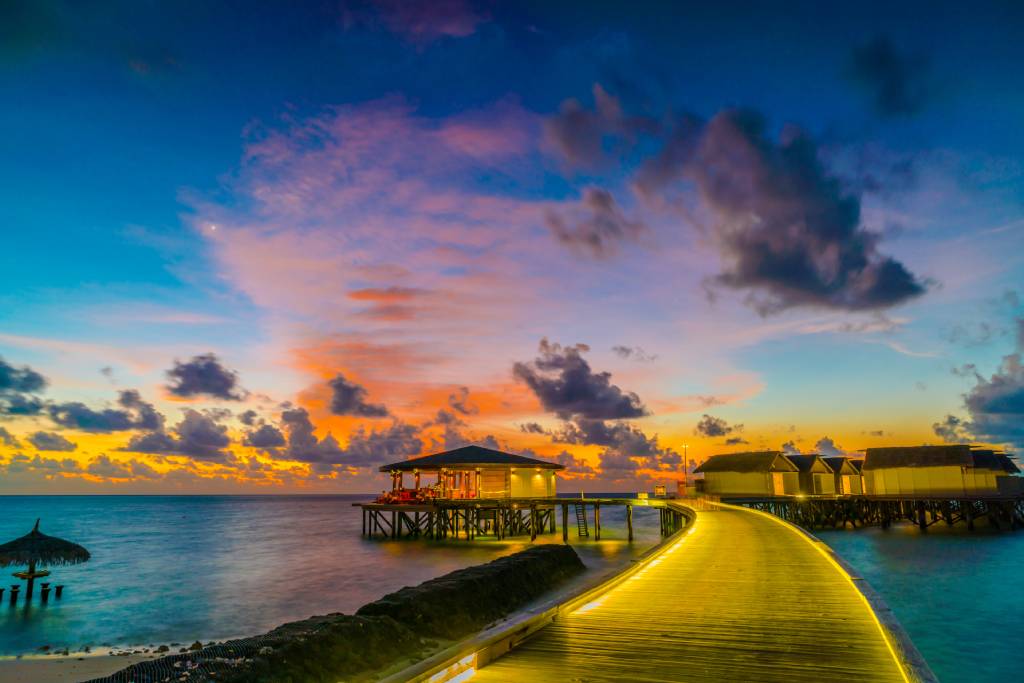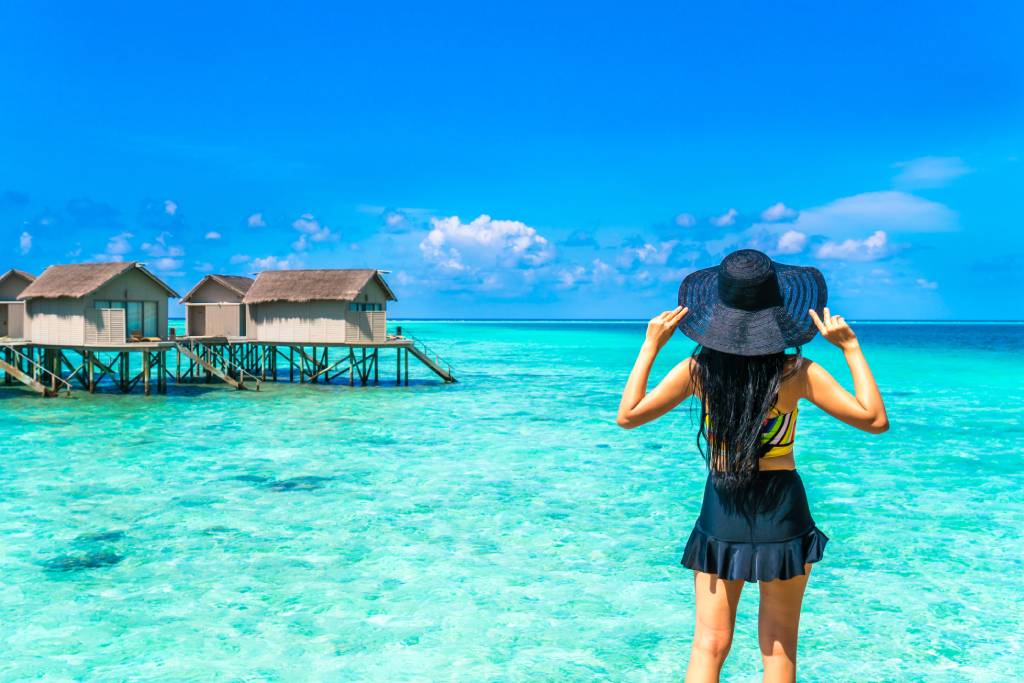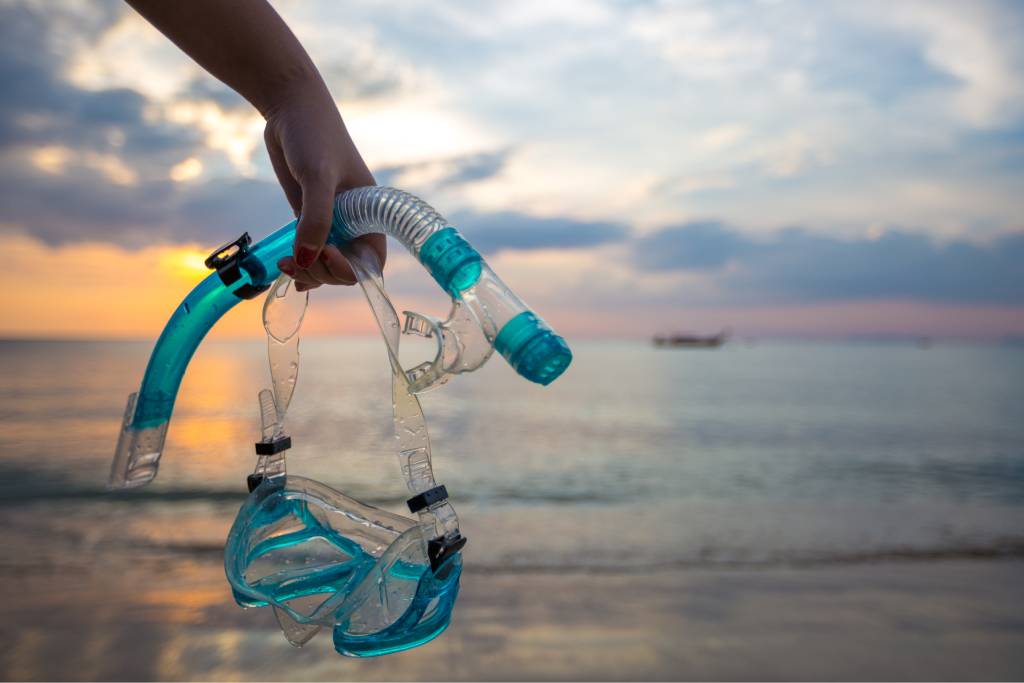
The Maldives, a tropical paradise nestled in the heart of the Indian Ocean, is a country unlike any other. This archipelago of 26 atolls and over 1,000 coral islands is renowned for its stunning natural beauty, making it a dream destination for travelers worldwide. As we delve into this overview, we will explore the Maldives’ unique location, geographical features, and its profound importance on the global stage.
Historical Background
Early history and settlement The history of the Maldives is rich and ancient, with evidence of human settlement dating back over 2,500 years. Early inhabitants were believed to be of Indo-Aryan descent, and they established a unique culture and language over the centuries.
Colonial era and foreign influences The Maldives experienced periods of colonization by various European powers, including the Portuguese and British, which left their mark on the country’s history. The Maldives ultimately became a British protectorate in the 19th century.
Independence and modern history In 1965, the Maldives gained its independence from British rule, marking a significant turning point in its history. Since then, it has evolved into a sovereign nation with a focus on preserving its cultural heritage while embracing modernity.
Geography and Environment
Island geography and atolls The Maldives is renowned for its unique geographical features. The country is composed of 26 coral atolls, each consisting of numerous small islands. These atolls are surrounded by pristine turquoise waters, creating an idyllic tropical landscape.
Climate and weather patterns The Maldives boasts a tropical monsoon climate with warm temperatures year-round. The nation is known for its stunning sunny days, though it does experience monsoon seasons which bring rainfall and slightly cooler temperatures.
Marine biodiversity and coral reefs One of the Maldives’ most remarkable features is its thriving marine life. The coral reefs here are some of the most diverse in the world, making it a top destination for scuba diving and snorkeling enthusiasts.
Culture and Society
Demographics and population The Maldivian population is predominantly of Maldivian ethnicity. The country’s population is relatively small, but it’s culturally diverse, with influences from India, Sri Lanka, and other nearby nations.
Language and religion Dhivehi is the official language, and Islam is the state religion of the Maldives. The people of the Maldives are deeply religious, and their culture is heavily influenced by Islamic traditions.
Traditional customs and festivals The Maldives has a rich tradition of music, dance, and art. Traditional festivals like Eid al-Fitr and Eid al-Adha hold immense cultural significance and are celebrated with great enthusiasm.
Economy

Tourism industry Tourism is the lifeblood of the Maldivian economy. The country’s overwater bungalows, clear waters, and vibrant marine life attract tourists from around the globe, contributing significantly to its GDP.
Fishing and agriculture Fishing, particularly tuna fishing, remains an essential part of the Maldivian economy. Additionally, agriculture, including coconut and fruit cultivation, plays a role in supporting local communities.
Economic challenges and diversification efforts The Maldives faces economic challenges, such as vulnerability to climate change and reliance on a single industry. Efforts are underway to diversify the economy and develop sustainable practices.
Government and Politics
Political system and governance The Maldives is a presidential republic with a democratic system. The President is both the head of state and government, and the country has a multi-party political landscape.
Key political figures and parties The political landscape has seen various leaders and parties come to power, reflecting the evolving democratic process in the country.
International relations and diplomacy The Maldives actively engages in international diplomacy, especially concerning climate change, as it faces the existential threat of rising sea levels.
Tourism

Tourist attractions and activities Tourists flock to the Maldives for its breathtaking beaches, world-class diving sites, and luxurious resorts. Water sports, spa treatments, and beachfront relaxation are among the many activities available.
Accommodation options The Maldives offers a range of accommodation options, from opulent overwater villas to budget-friendly guesthouses, ensuring there’s something for every traveler.
Sustainable tourism efforts Recognizing the fragility of its environment, the Maldives is committed to sustainable tourism practices, striving to protect its pristine natural beauty.
Environmental Challenges

change, with rising sea levels endangering its low-lying islands. The country has been at the forefrontA. Climate change and rising sea levels The Maldives faces a severe threat from climate of international climate change discussions.
Environmental conservation efforts Conservation efforts in the Maldives are essential to protect its delicate coral reefs and marine life. Initiatives are in place to minimize the impact of tourism and promote eco-friendly practices.
Impact on local communities Climate change and environmental issues have significant implications for the local communities of the Maldives, prompting resilience and adaptation efforts.